Dominican Youth Activists of Haitian Descent: Mobilizing for Recognition, Rights, and Resistance to Anti-Blackness
BY JESICA S. FERNÁNDEZ | June 30, 2023
At the Carmona batey, a rural community of sugar cane workers in the north of the Dominican Republic (D.R.), youth impassionately sang the lyrics to “No Importa el Color, Todos Somos Iguales.” I was struck by their understanding of its lyrics, and their recognition of skin color: negro, moreno, blanco (black, brown, white).
For two days as part of the March 2023 Santa Clara University immersion program, “United Against Anti-Blackness,” ten undergraduate students, a student facilitator, an Ignatian Center for Jesuit Education staff member, and I engaged with Muñecas Negras youth and leaders. We participated in a doll-making workshop, told stories, exchanged songs and dance, shared meals, and enacted accompaniment and solidarity to the best of our unique capacities and positionalities while grappling with the anti-Blackness that systematically marginalizes Dominicans of Haitian descent. I was present and open to the experience, as I also noted the visible difference in physical features among us as outsiders to the community.
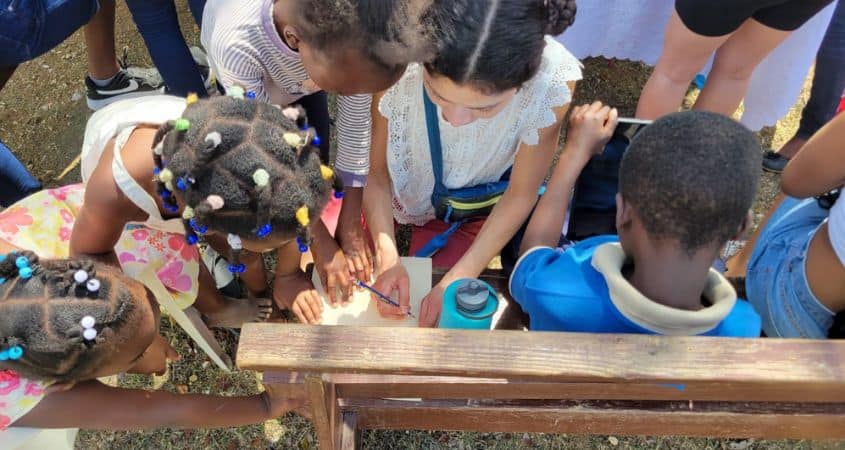
Muñecas Negras, a women’s empowerment initiative in the batey, combines art, dance, music, and poetry to tell stories of who its members are. Their stories resist oppression and contribute to the movement for human rights, recognition, and dignity for Dominicans of Haitian descent, who are marginalized in the D.R. because of anti-Black and anti-Haitian racism. The girls, aged five to seventeen, and mothers with toddlers, spoke truth to their power, and self- and collective love.
In Dominican society, being Black and of Haitian descent is stigmatized such that those with Black characteristics are reduced to second-class citizenship. Anti-Blackness is at the core of ideologies, policies and practices that deny Dominicans their right to live fully. Physical characteristics or shades of color or “lightness” that a person’s skin tone has will determine how they are treated, their access to opportunities and resources, and how they are seen or misrecognized.
Meanwhile, Muñecas Negras empowers girls and women to embrace their identities as Afro-descendants through workshops on the intersections of gender, Blackness, social class, nationality, ethno-racial identity, and coming of age. The initiative was established by scholar-activist and sociologist Ana Maria Belique, who also co-founded the Reconoci.do movement, an independent national civic network of Dominicans of Haitian descent. Reconoci.do began in November 2011 after the Central Electoral Board of the D.R. suspended the validity of identity documents and birth certificates for Dominicans of Haitian descent. Reconoci.do’s organizational structure of autonomous, pluralistic local and regional chapters across the D.R. promote the human rights, dignity, and citizenship of Dominicans with Haitian roots. Muñecas Negras is central to the Reconoci.do movement.
Initiatives like Muñecas Negras support Dominican youth of Haitian descent to build youth power through intergenerational actions, accompaniment, and art that tell the histories of slavery, collective memory and possibilities of liberation. Another example of youth resilience comes from the testimonios featured in Somos Quien Somos (We Are Who We Are) and by youth, like Yoni, affiliated with Reconoci.do.
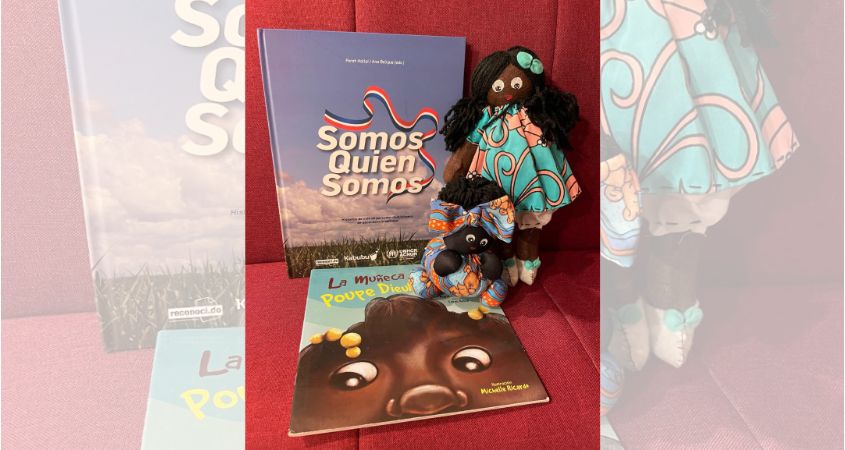
Yoni is a seventeen-year-old born in the D.R. to Haitian parents. After graduating high school, Yoni became a substitute teacher/English instructor. He is eager to pursue higher education; yet his dream is halted because he is of Haitian heritage. The D.R. denies citizenship and rights to anyone of Haitian descent or to those who may be racially profiled as Haitian because of their appearance, name, language, and/or sociocultural expressions.
Youth born and raised in the D.R. know themselves to be dominicanos. As Yoni states: “Somos dominicanos haitianos, uno y lo mismo como la caña y el azúcar.” “We are Dominican Haitians, one and the same like cane and sugar.” Yet because of anti-Black racism, Dominican Haitian youth are denied human rights in most domains of life—education, health, employment, and beyond. They are reduced to a condition of statelessness and non-citizenship.
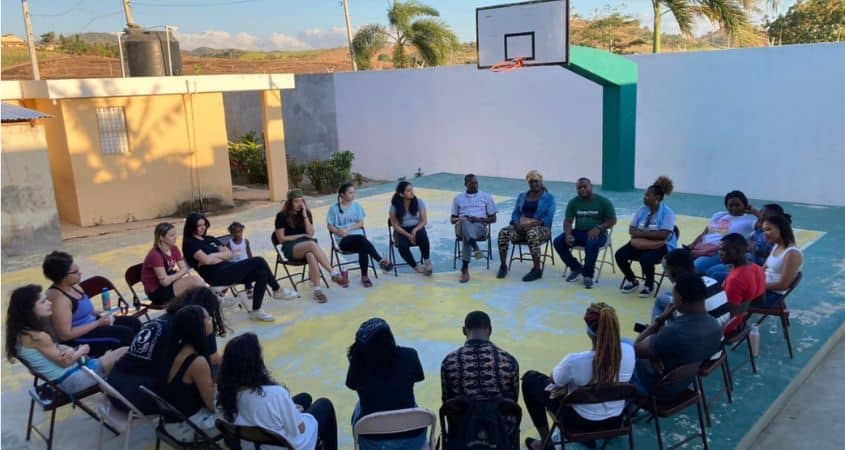
Yoni’s testimonio attests to the urgency of movements of struggle that reflect what Nira Yuval-Davis describes as “transversal politics.” Expanding upon democratic perspectives of activism and organizing, transversal politics transverse differences often reflected in and identity politics. Transversal politics embrace difference as a means to strengthen and build movements that are guided by relational solidarities grounded in decolonial feminisms. In other words, it is about fostering solidarity and unity, while acknowledging different struggles or issues.
We must abolish the notion of citizenship and human rights as privileged statuses reserved for a few. We must abolish ethno-racial hierarchies that reproduce caste systems of power where Blackness is constructed as subhuman through the colonial gaze of whiteness. Unequivocally, we must resist the structures of whiteness and white supremacy that fail to acknowledge how and why anti-Blackness continues through the status quo of whiteness which reproduces a social death for Black people worldwide. Linking liberation movements of racial justice, human rights and immigration reform with transformative justice organizing strategies can help actualize abolitionist visions.
Anti-Blackness is not a scourge unique to the D.R. White supremacy, anti-Blackness, and racist nativism are also unfolding in the United States and in other regions of the world where coloniality remains long after colonialism, causing countless individuals and groups throughout the world to be deprived of human rights. Comparative analysis can help us understand similar forms of racialized violence in the United States, and why Black Lives Matter is a worldwide mantra. Yoni’s experiences and the stories of youth in Muñecas Negras attest to this truth: Black Lives Matter. For Yoni, it underscores threats to his safety as he makes his way from school to community meetings to the capital and back to his home in the batey.
On our last visit, I asked Yoni what sustains him: “Debes de sacrificarte por lo que amas. Yo me amo, aunque mi país no nos ame [a] nosotros, somos quienes somos.” “You must sacrifice yourself for what you love. I love myself, although my country does not love us, we are who we are.”
Resisting anti-Blackness, Dominican youth are mobilizing for recognition and rights. They are embracing and honoring who they are and where they come from as they rise and resist being silenced. Youth are making a change, one muñeca negra at time, testimonio by testimonio, sharing stories beyond the bateys.
Call to Solidarity-in-Action with Reconoci.do
- https://www.instagram.com/reconoci.do/
- https://twitter.com/reconoci_do/likes?lang=en
- https://twitter.com/EsclavizadosRD
- https://twitter.com/AccionAfroDom
- https://www.instagram.com/mujeresnegrasrd/
Jesica Siham Fernández is an assistant professor in the Ethnic Studies Department at Santa Clara University. Grounded in a decolonial feminist praxis, and informed by critical race and ethnic studies, she received her Ph.D. in Social Psychology and Latin American & Latinx Studies from the University of California, Santa Cruz. Jesica engages in community-based and participatory action research (PAR) paradigms, projects and collaborations to support Latinx communities, youth of color, and student activists in their sociopolitical wellbeing, thriving and liberation. She is the author of “Growing Up Latinx: Coming of Age in a Time of Contested Citizenship.”

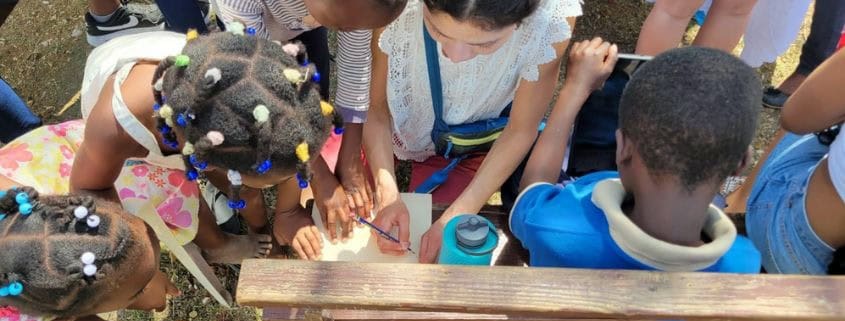
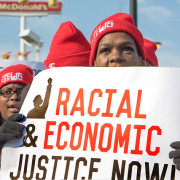


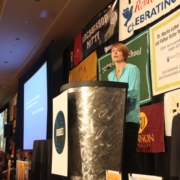
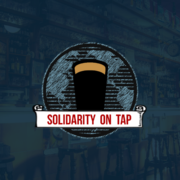
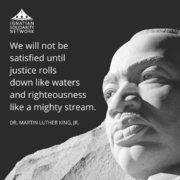

Worldmaking is a beautiful project where hearts and minds of human beings come together to celebrate the gift of life.
While it is nearly impossible to know the exact number of Haitian migrants who reside in the Dominican Republic—since much of the migration is undocumented—estimates in recent years have ranged from 500,000 to nearly 2 million.
In 2013, the Constitutional Court’s judgment 168/13 established that only persons born in the Dominican Republic to Dominican parents or legal residents are consider citizens. Haiti has the same constitutional rights. This is a false narrative. You just w at to paint DR a racist country👈 conspiracy is what are you talking about. Dr can’t do no more for the next door neighbors. We have our own poor people to deal with. Our school are saturated. Our hospitals are saturated DR is a poor country itself. Her have done enough help we can’t anymore. Our laws are clear 👈🇩🇴💪